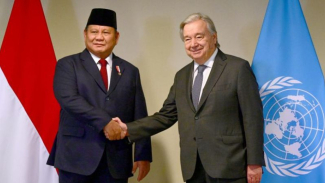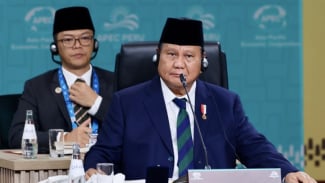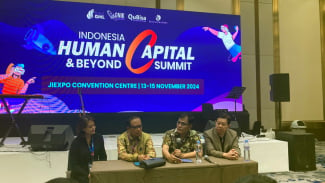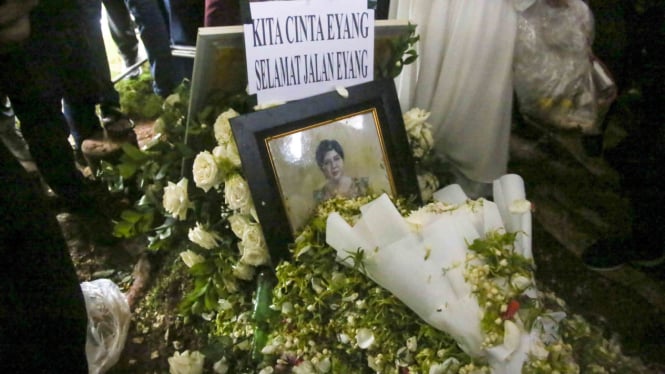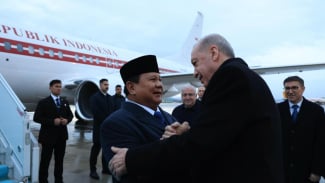Empowering Communities and Technology to End Stunting in Indonesia
- pexels.com
Jakarta, VIVA – Stunting prevention has become a strategic national agenda in Indonesia, aimed at improving the quality of human resources in the country. The government is intensifying efforts to synchronize programs across various ministries and agencies, notably through the implementation of the Free Nutritious Meals Program (MBG) to reduce stunting rates.
Acting Deputy III of the Coordinating Ministry for Human Development and Culture (Kemenko PMK), Nunung Nuryartono, emphasized that cross-ministerial collaboration is key to accelerating stunting reduction.
“Many ministries and agencies, both at central and regional levels, are already running related programs. However, integration with MBG is crucial to achieving the government's target—bringing stunting prevalence below 20% as per WHO standards, and even down to 5% by 2045,” he stated during the Merdeka Barat 9 Forum (FMB9) discussion on "Free Nutritious Meals as a Solution to Combat Stunting" on Monday (November 18).
The MBG program, set to launch in January 2025, will target a broad spectrum of beneficiaries, including schoolchildren, pregnant women, breastfeeding mothers, and toddlers. This aligns with Presidential Regulation No. 72 of 2021 on stunting reduction, which is currently being revised to meet updated needs.

A significant strategy involves using address-based data to ensure precise intervention. Nunung noted, “The success of MBG relies on the seamless alignment of programs across sectors, leveraging local resources to improve nutrition and food security.”
An innovative approach being explored is the integration of MBG with the use of local food sources. Nunung highlighted examples like community-driven initiatives that support local food production through organic farming and livestock feed alternatives, such as maggot cultivation.
“These community efforts can inspire other regions, especially in remote areas, to simultaneously enhance the local economy and meet nutritional needs,” he added.
Meanwhile, Nopian Andusti, Deputy for Family Welfare and Empowerment at the National Population and Family Planning Board (BKKBN), stressed the importance of early intervention to reduce stunting.
“We ensure that couples undergo health screenings three months before marriage to detect anemia or chronic energy deficiency,” he explained. The early detection allows the government to provide necessary supplements, ensuring mothers-to-be are in optimal health.
Supporting this initiative, BKKBN has developed the "Ready to Marry and Pregnant" app, which helps young couples monitor their physical readiness. “Through technology, we aim to raise awareness about health risks and preventive measures,” Nopian added.
Additionally, Suprayoga Hadi, Deputy for Human Development and Equality at the Vice President’s Office, mentioned that a new National Strategy (Stranas) is being developed, focusing on prevention. The revised strategy, covering 2025–2029, will prioritize five groups: brides-to-be, adolescent girls, pregnant women, breastfeeding mothers, and toddlers.
“Besides prevention, we ensure that the allocated budget is effectively distributed,” Suprayoga emphasized. He also highlighted the role of digital tools like the Digital e-Assistance for Stunting Information (DESI) app, which enables field workers to access information and monitor stunting prevention efforts.



